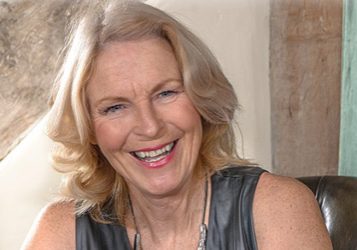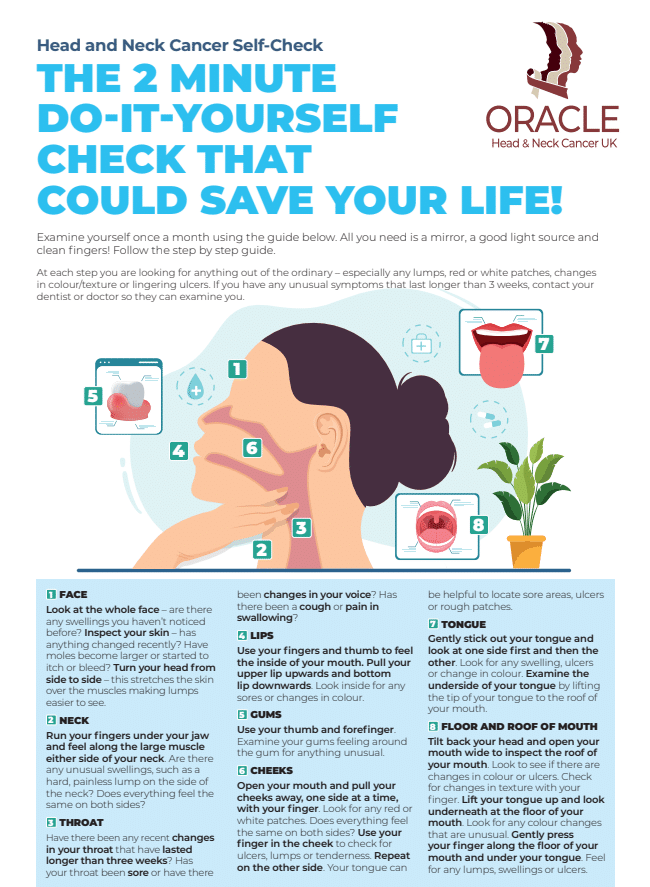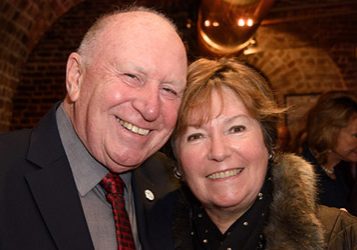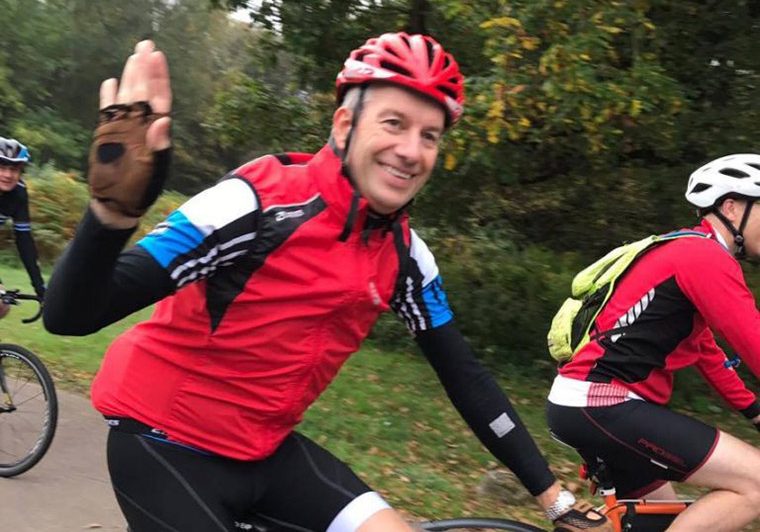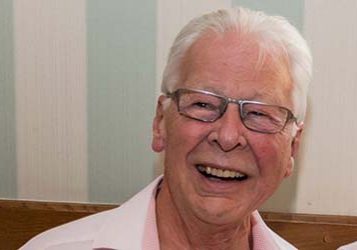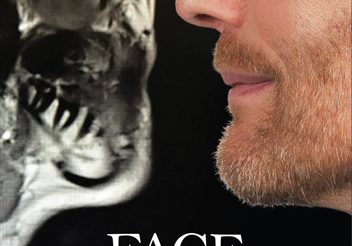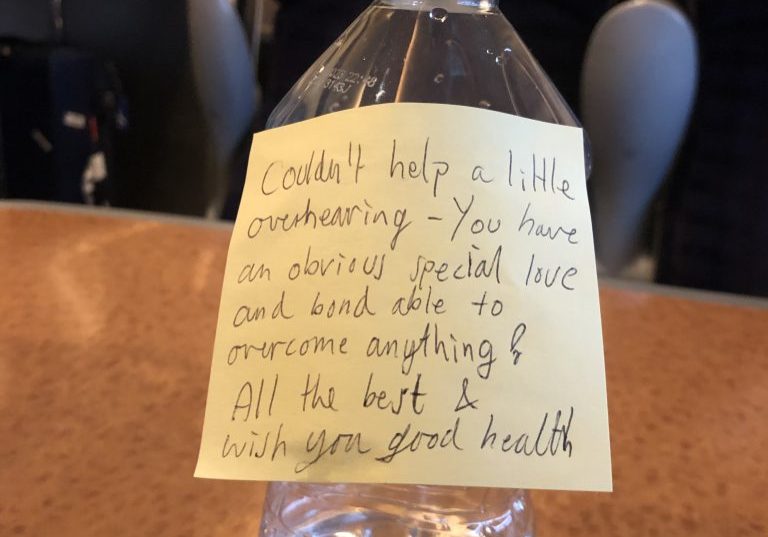Peg Feeding – 14 Year Journey of Resilience and Inspirational Optimism -Marc Head
Head and Neck Cancer patient, Marc Head, reflects on his experience with his diagnosis and treatment. His story reveals the unexpected insights and daily challenges that come following cancer treatment. Even in the face of adversity, he maintains his sense of humour and positive spirit.
“I was diagnosed with Neck cancer 14 years ago. My treatment involved surgery to remove the tumour and then I was given chemo and radio therapy. After the operation I was able to eat soft food but unfortunately the real damage, in terms of swallowing ability, was done by the radio therapy.
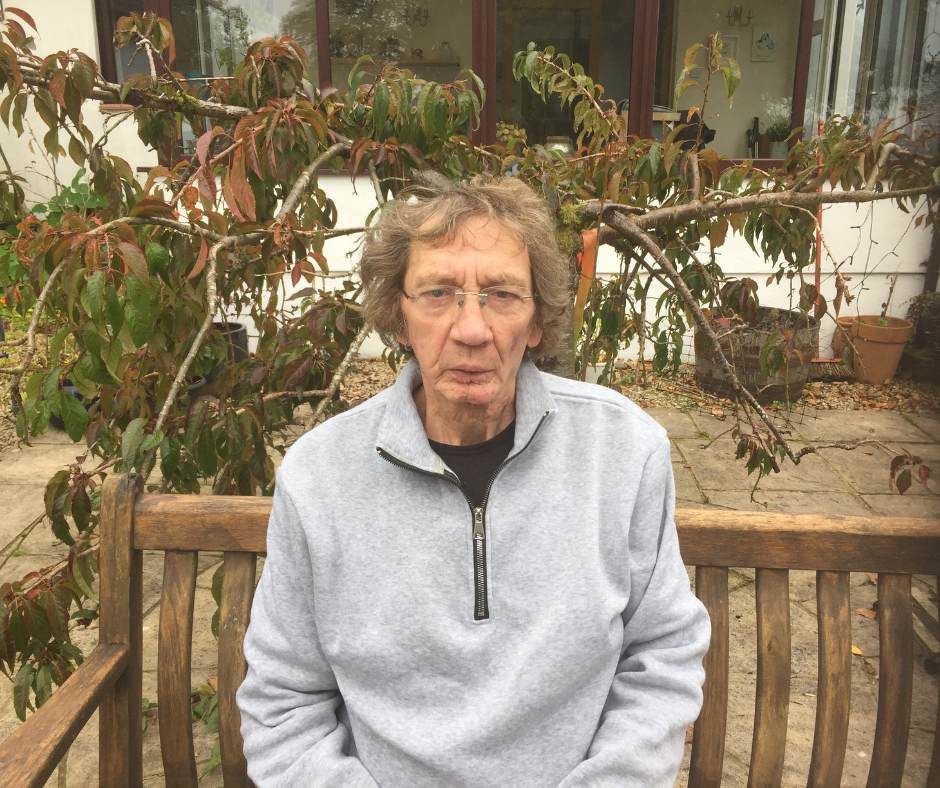
Peg Feeding Following Treatment
So, after my treatment I was fed by a gastric tube and thereafter a stomach peg. After about 6 months I opted to stop the machine and simply syringe my feed in through the peg at convenient times throughout the day- 1.5 litres, 2250 calories daily. The new arrangement meant I could return to work more easily and since then I have enjoyed reasonably good health apart from the usual aches and pains one might associate with someone aged 71.
I’ve adjusted to not eating much, except for coffee and the occasional malt whisky. Surprisingly, it’s others who seem more uncomfortable eating in front of me, not me being upset. It’s just a bit frustrating that my operation coincided with a surge in cooking shows on TV.
On the bright side, my diet is now among the healthiest in western Scotland, although that’s not saying much in a place known for deep-fried pizza. My BMI is ideal, and my weight stays at 77 kilos. The pharmacist mentioned that my liquid feed provides a perfect balance of vitamins and nutrients.
Side Effect Of The Feeding Process
An interesting side effect of the feeding process, as opposed to normal eating, is that I don’t get hungry. I don’t notice that I need to feed- I do so to keeping myself healthy. I think that in many cases hunger is associated with times of the day, smells, sight of food, talking about the subject etc. rather than any real need for food.
My feed is quite bulky, so I tend not to take it on holiday and survive on energy drinks and baby formula. However, the feed supply company can often arrange to source feed in other countries. Last year, when I was visiting my son in Australia, he was able to buy a 3-week supply for £100.
Not everything is perfect. I’m from Glasgow, and I love to talk and engage in humour and debates, but my voice is often unintelligible due to the loss of my teeth from lack of saliva and a missing soft palate. People who know me can understand me over time, but strangers often find it difficult. Using telephones is frustrating because people rely on mouth movement and body language, so I avoid them.
Modern Radiotherapy Is More Precise
I had a surprising conversation with a nurse in the endoscopy unit who explained that modern radiotherapy is more precise with fewer side effects. However, I’m grateful for the superb treatment I received, and to have survived major surgery, as well as intensive follow-up treatment.
I have visited the local school and spoke about the dangers of smoking. Talking to parents I get the impression that seeing someone fed through a tube seems to have quite an impact on at least some of the kids.
When I feel down about my situation, I think of the Beatson cancer treatment hospital in Glasgow and the young patients there. I have two healthy boys and four wonderful grandchildren, so overall, life is rather good.
All cancers are different; might have similar symptoms but there will be little differences that make your situation unique, and you will need to work with your doctors to ensure the best possible outcome for yourself.
Learn more about the Signs and Symptoms here.
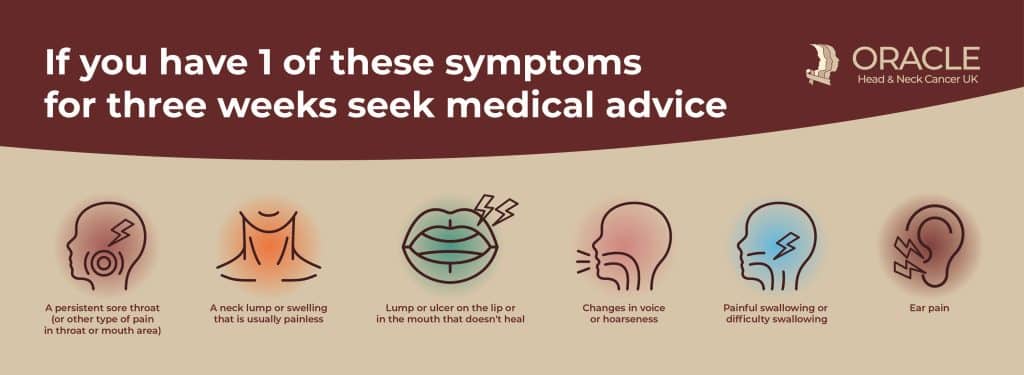

Patient Stories
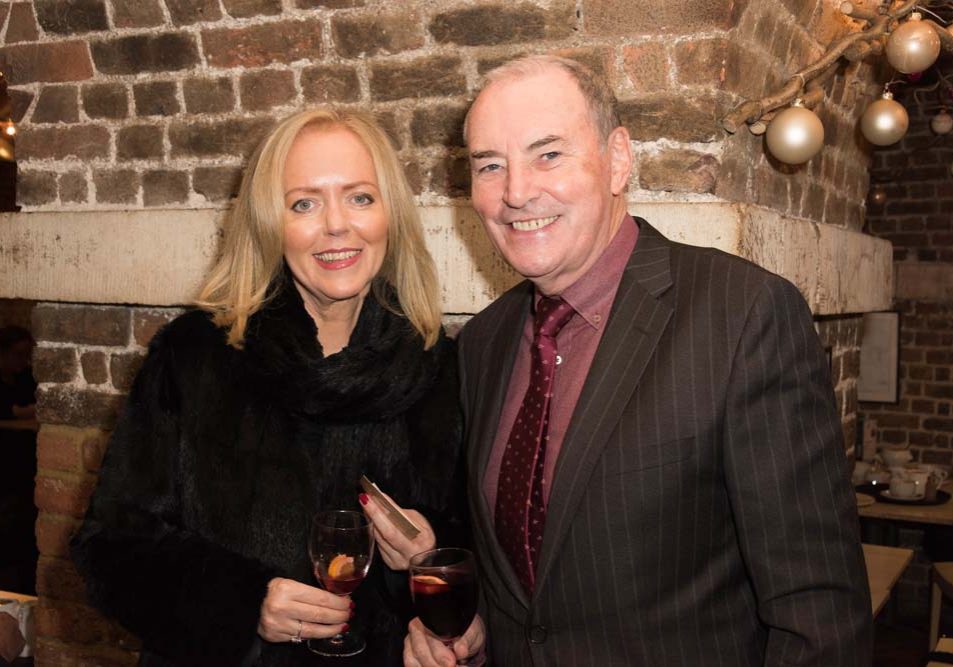
Suzie Cooke – a lesson in not taking ‘no’ for an answer
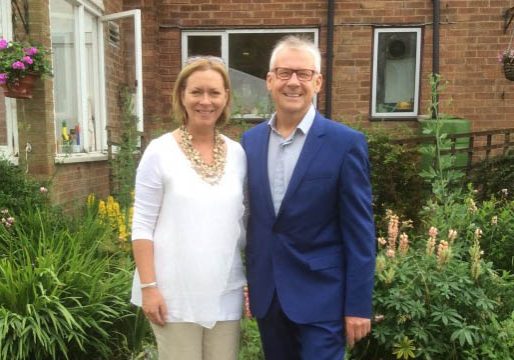
Nigel Lloyd-Jones – being told “you have cancer” is life changing
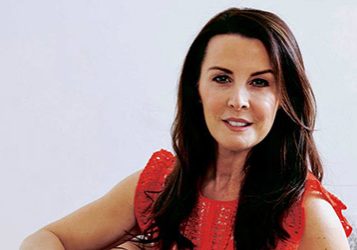
Belinda Gilfoyle – a slow recovery and learning to stay positive

Salivary Ductal Adenocarcinoma news “hit me like a train”
